nosebleeds dizziness headaches extreme fatigue
 Headache and Nosebleed: Causes, Photos, and Treatments
Headache and Nosebleed: Causes, Photos, and TreatmentsWhat can cause headache and nasal bleeding? Headaches and nasal hemorrhages are very common, and are generally not a cause for concern. When they happen at the same time, however, people might think they're linked. In many cases, having one and a nasal bleeding at the same time is a coincidence. In other cases, everyday factors such as common cold or seasonal allergies can cause both symptoms. Rarely, there may be a more serious cause. Continue reading for more information on headaches and nasal bleeding, their causes, symptoms and treatments. A nasal bleeding may occur if a person has a broken or broken blood vessel inside the nose. Blood vessels in this area are sensitive and can be broken due to dryness or skin injury, such as a blow to the nose while playing sports. Headaches have a wide range of potential causes, and there are many different types. Some common causes include , , and diet. Headaches and bleeding are not usually linked. However, some environmental or medical factors can cause both to occur at the same time. Daily factors that can cause headache and nasal bleeding include: The following sections examine some other possible causes of headaches and nasal bleeding. One of the most common conditions that can cause headache with a nasal bleeding is one. This occurs when the nose bone (septum) and the cartilage that divides the nose are significantly twisted or worn out. A deviated sept may also cause facial pain, shortness of breath and blocking one or both nostrils. There are some tests that suggest that they may be related to nasal bleeding. For example, it was found that migraine adults experienced significantly more nasal bleeding than those without migraine. The study also suggested that experiencing nasal bleeding may indicate that an episode of migraine is beginning. However, researchers will have to undertake new studies to confirm this link. A look at the association between migraine and nasal bleeding in people with hereditary hemorrhagic telangiectasia (HHHT). HHT is a rare genetic condition that causes blood vessels to develop abnormalities. People in the study often had nasal bleeding and migraine episodes at the same time. Other more severe conditions can cause headache and nasal bleeding. Although it is serious, these conditions are less common and it is not likely that the reason the average person will experience a nasal bleeding and a headache. These conditions include: Headaches and nasal bleeding are more common during pregnancy. Nosebleeds are more common during pregnancy because the lining of the nasal passageways receives more blood, which means that blood vessels can explode more easily. This can also make it harder to breathe. Along with this increased risk of nasal bleeding, hormonal changes can cause more frequent headaches during pregnancy. However, women should see your doctor immediately for severe headache or headache that does not go away, as this could be a sign of a more serious problem, like . In most cases, nasal bleeding and headaches will disappear by themselves. People can stop a nasal bleeding by applying firm pressure to the area near the bone in the nose. Taking over-the-counter painkillers (OTC) can usually help get rid of a headache. However, it is sometimes better to contact emergency services (daily 911 in the United States) or go to the emergency room immediately. Get emergency medical care for headache, nasal bleeding, and one or more of the following symptoms: A person should also look for immediate medical care if he has: It is better to schedule a visit with a health care provider if a person experiences symptoms than: Headaches and nasal bleeding are common and are generally not a cause for concern. If they happen at the same time, it can cause people to worry that they are linked. However, many daily factors can cause both symptoms, including common cold and sinus infections. In most cases, a nosebleed will end on its own, and a headache should start to decrease with rest and OTC analgesics. If a nasal bleeding, headache, or both are severe, a person should seek medical care as soon as possible. Last medical review on 18 November 2019Most recent newsRelated coverage
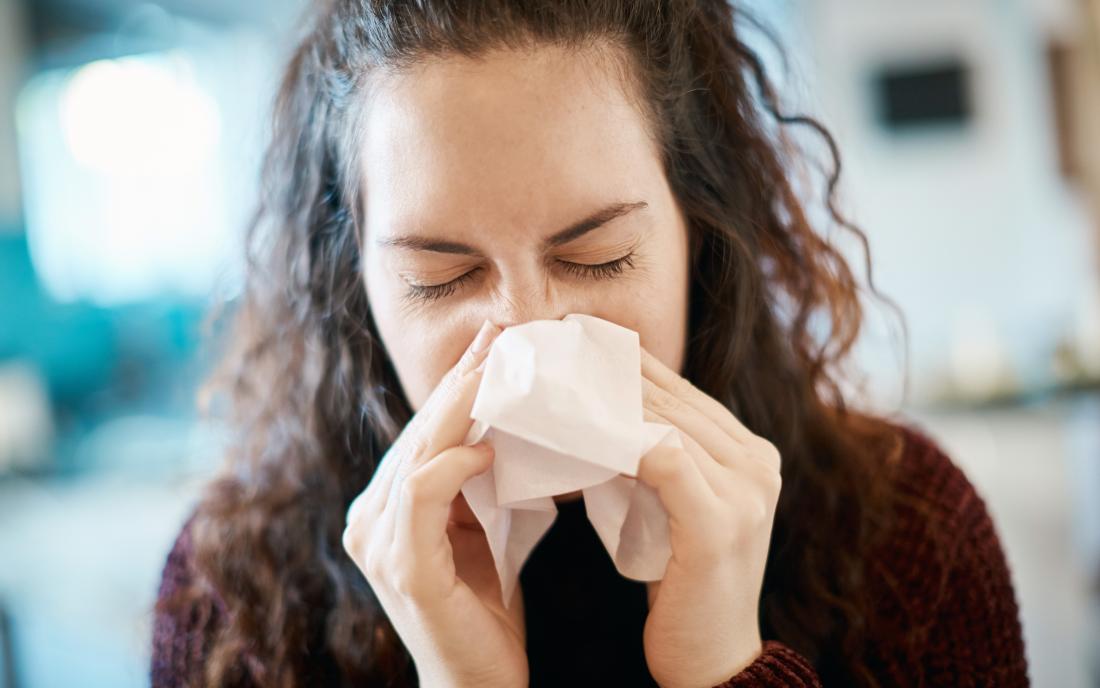
Headache and nosebleed: Causes, other symptoms, and treatment
/leukemia-symptoms-5b647c0bc9e77c005078645f.png)
Leukemia: Signs, Symptoms, and Complications
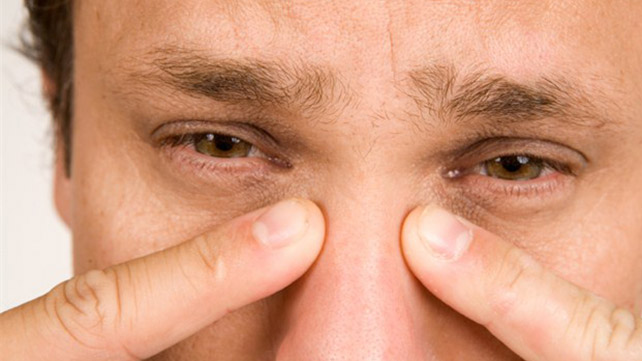
Headache and Nosebleed: Causes, Photos, and Treatments

What Are Some of the Common Symptoms of Leukemia? | Everyday Health
:max_bytes(150000):strip_icc()/when-is-a-bloody-nose-a-medical-emergency-1192061-5c5dbd5d46e0fb0001849cf8.png)
When a Bloody Nose Becomes an Emergency?

Visual Diagnosis: A Child Who Has a Nosebleed and High Blood Pressure | American Academy of Pediatrics

Headache and Nosebleed: Causes, Photos, and Treatments
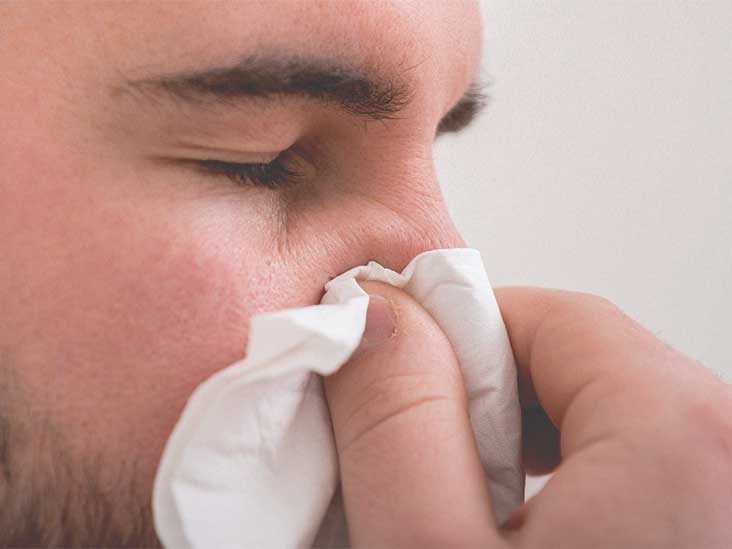
Headache and Nosebleed: Causes, Photos, and Treatments

Headache and Nosebleed: Causes, Photos, and Treatments
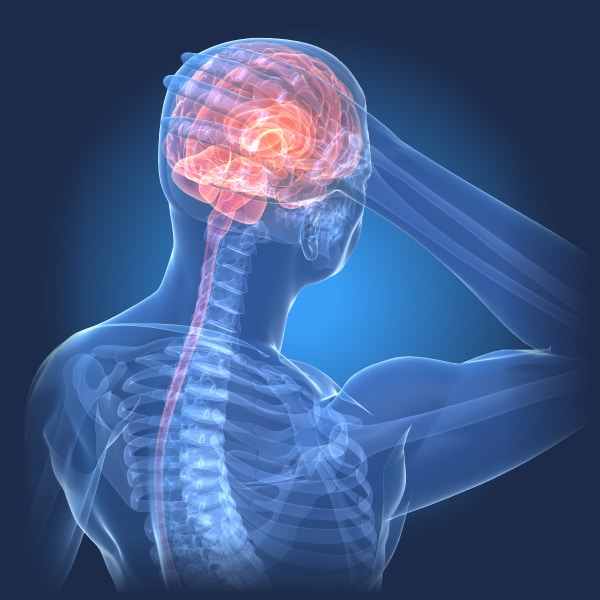
Lightheadedness, Headaches and Fatigue - Autonomic Disfunction

Dizziness and Fatigue: 11 Causes, Symptoms, and Treatment
/GettyImages-879714812-5c76d4a146e0fb0001a5ef91.jpg)
What Causes Headaches and Nosebleeds in Children?

Leukemia Symptoms

Headache and nosebleed: Causes, other symptoms, and treatment

Headache and Nosebleed: Causes, Photos, and Treatments
/hypertension-symptoms-5afedc4da9d4f90036e90344.png)
Hypertension: Signs, Symptoms, and Complications
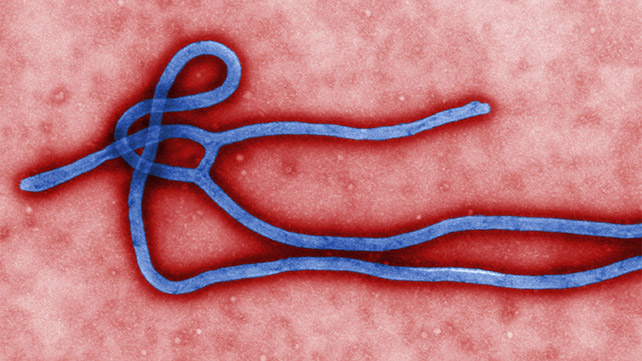
Headache and Nosebleed: Causes, Photos, and Treatments

What's Causing Your Headache and Nosebleed? – South Florida ENT

Nosebleeds with clots: Causes and treatments

Does High Blood Sugar Cause Nose Bleeds - Does High Blood Pressure Cause Nose Bleeds

Dizziness and fatigue: 5 causes and treatments

Can Stress Cause Nose Bleeds? Anxiety-Induced Symptoms and More

Chest pain and headache: Causes, symptoms, and when to see a doctor
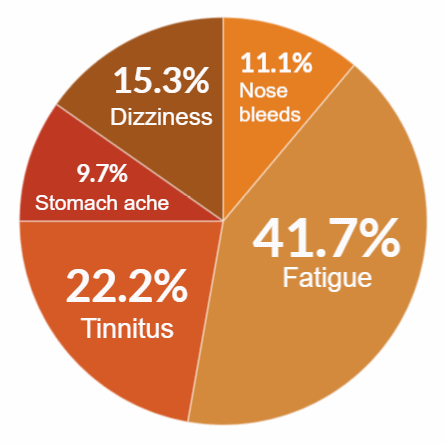
6 surprising allergy symptoms

Pune: From dehydration to nose bleed, heat grips many | Pune News - Times of India

Nosebleeds - Akron Children's Hospital video - YouTube
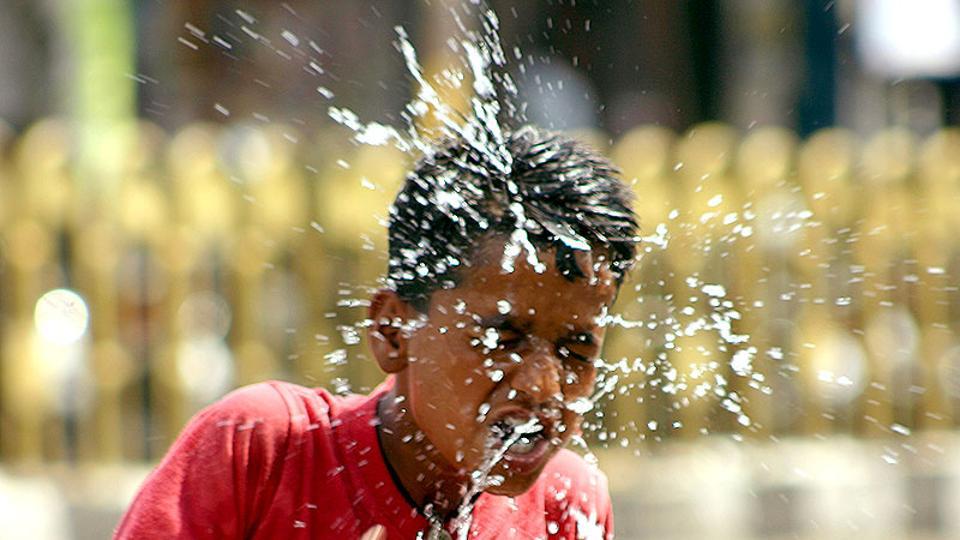
Exhaustion, nose bleed on rise due to heat: Doctors | Hindustan Times

Headache and Nosebleed: Causes, Photos, and Treatments

Can Stress Cause Nose Bleeds?

Does high blood pressure cause headaches? Myths vs. facts

Brain Tumor Symptoms

Headache and Nosebleed: Causes, Photos, and Treatments
Why Does My Child Get Frequent Nosebleeds? | University of Utah Health

Signs That Let You Know When to Worry About a Headache

Does high blood pressure cause headaches? Myths vs. facts

Signs That Let You Know When to Worry About a Headache
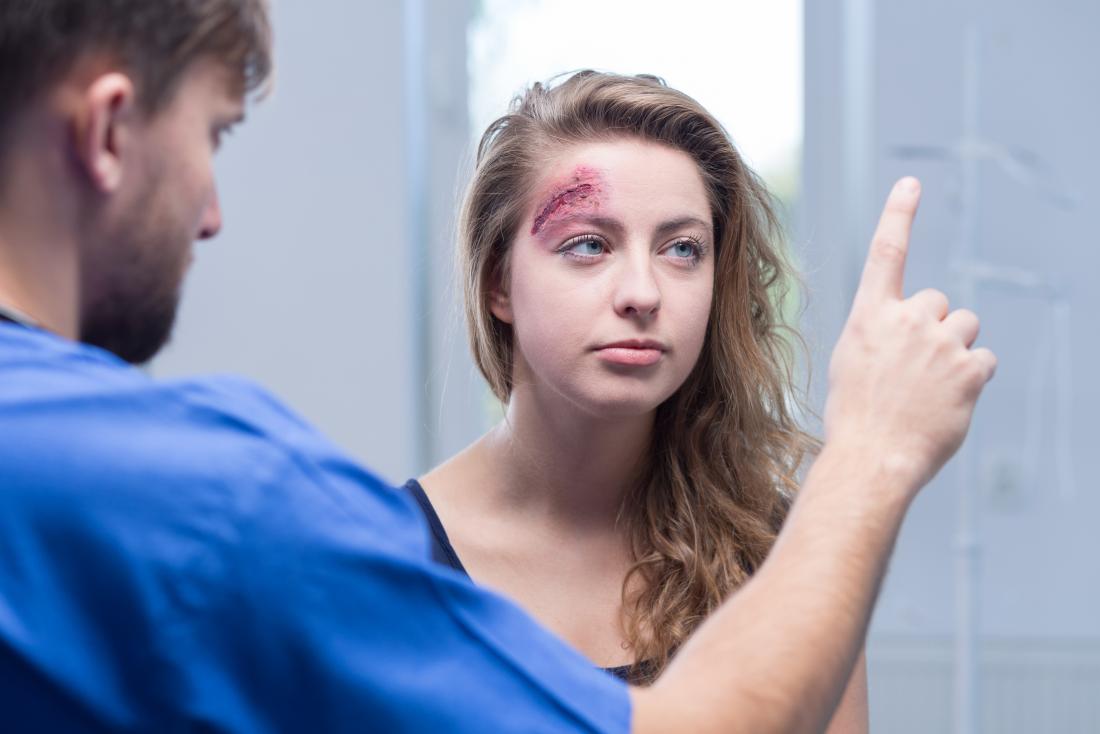
Dizziness and fatigue: 5 causes and treatments
/pregnancy-complications-a2-3520999-51ad228b4e5444a2b7be6eb10169359f.png)
Complications During Pregnancy (Symptoms and Diagnosis)
/headaches-as-a-symptom-of-multiple-sclerosis-2440798-01-ac13321fbd2d4dca99f899a63b8ea265.png)
Headaches in MS: Types, Symptoms, Causes, Diagnosis, Treatments
Posting Komentar untuk "nosebleeds dizziness headaches extreme fatigue"